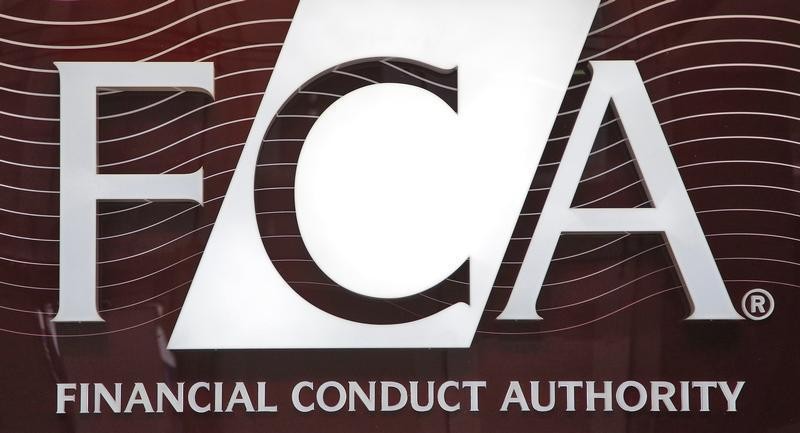The Financial Conduct Authority (FCA) has recently brought attention to the fact that it is going to disallow the mass marketing of speculative mini-bonds to retail customers. The ban by FCA is said to be introduced without consultation and is expected to go into effect on January 1 2020 for a duration of 12 months. As of recent, this is a restriction, but the FCA also intends to discuss the formation of lasting rules concerning the ban.
Mini-bond is a term that refers to various investments. The announcement of the upcoming ban will apply to where the funds acquired are used and lent to a third party, its use to invest in other companies or purchasing and developing properties. However, there will be a few exemptions to the restriction, namely for listed mini-bonds, companies that acquire funds for their own business activities or to fund a single UK property investment.
The FCA has a limited amount of control over the mostly unapproved guarantors of speculative mini bonds. However, they are able to act when an approved company affirms or communicates a financial promotion, or provides advice or sells such products. Furthermore, evidence has arisen on the increasing incidences of promotion, which entails frauds or scams that demonstrate little to no effort to comply with the financial promotion rules set in place. FCA’s intention to place a ban will not concern such frauds or scams because such activities are illegal in any case.
Investor risks faced from mini-bonds
Over the course of the previous year, the Financial Conduct Authority has managed a thorough programme that is meant to address the risks investors face when it comes to mini bonds, which in turn shows the actual risk of harm to consumers. This includes the following points:
- Looking into 80 cases and more of controlled activities that may have been undertaken without possessing the correct authorization set out by FCA
- Examining more than 200 cases of financial promotions that did not seem to have met FCA’s rules
- Encouraging internet service providers, such as Google in particular, to take greater action, for example, with removing certain websites that may be likely to involve a breach of regulations and law
- Getting in touch with the Department of Culture, Media and Sport to encourage the inclusion of financial harm in the proposed legislation on online harms; and
- Forming and creating certain tools to analyse data, such as implementing web scraping to help with determining mini-bond promotions
The Chief Executive of the FCA, Andrew Bailey, stated,” “We remain concerned at the scope for promotion of mini-bonds to retail investors who do not have the experience to assess and manage the risks involved. This risk is heightened by the arrival of the ISA season at the end of the tax year, since it is quite common for mini-bonds to have ISA status, or to claim such even though they do not have the status.
“In view of this risk, we have decided to complement our substantial existing actions with a further measure which will involve a ban on the promotion and mass marketing of speculative mini-bonds to retail consumers. We believe this will enable us to further consumer protection consistent with our regulatory principles and the FCA Mission.”
Compliance to existing FCA rules
The proposed ban by the FCA will imply that unlisted speculative mini-bonds can solely be advertised to investors that companies know are advanced or have a high net worth. Marketing tools and materials that have been made or endorsed by an approved company will also need to incorporate a warning of specific risks and reveal any expenses or payments to third parties that are withdrawn from the money raised from investors.
Companies that have approved financial promotions are already currently expected to make sure that such promotions meet the standards set out by the FCA. In addition, the FCA has recently published a guide on the prerequisites for companies when they approve the financial promotions of unauthorized persons. Furthermore, the FCA has reason to believe that many financial promotions do not meet the current rules set out, and companies that approve the financial promotions of unauthorized users may potentially not be taking sufficient measures to make sure that they comply with the rules first prior to their financial promotion approvals.
Moreover, the FCA is also planning to establish a communications campaign to aid in bettering consumer awareness concerning risks and to notify consumers about important factor that they should take into account before they decide to invest in high-risk investments. The FCA continues and will also continue to work together with HM Treasury on its review into the regulatory structure for the issuance of non-transferable debt securities (NTDS).



